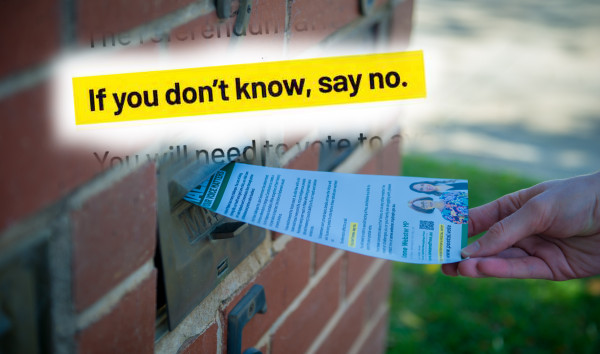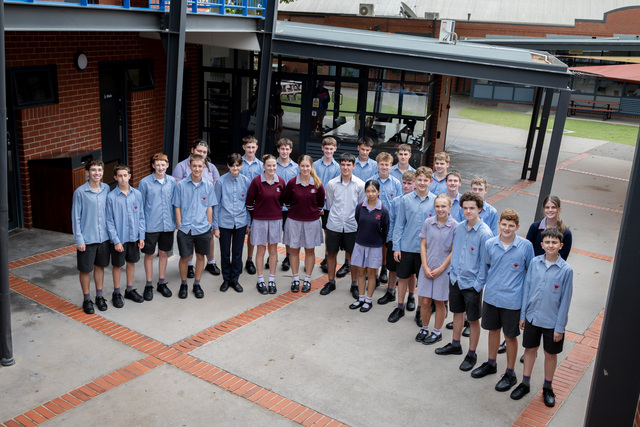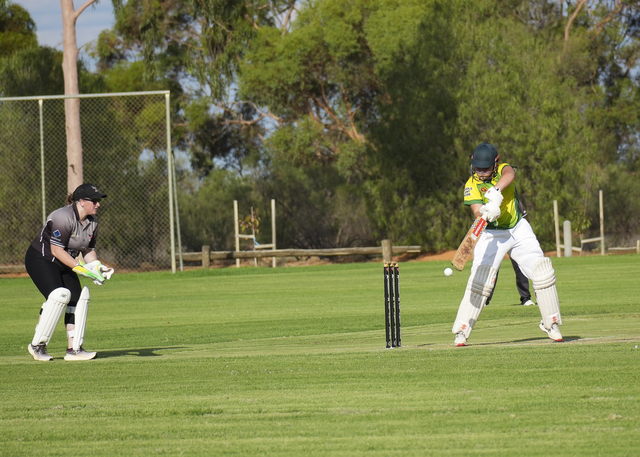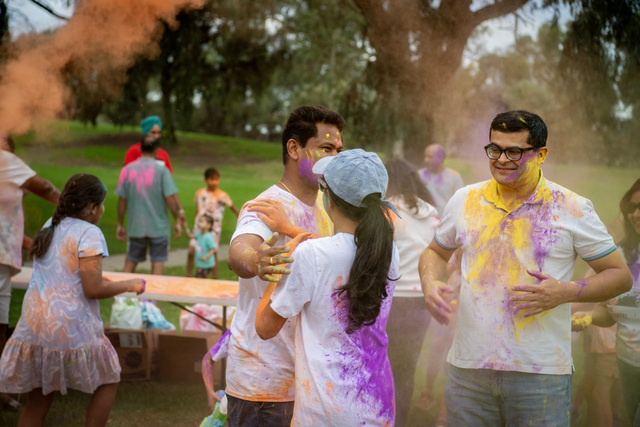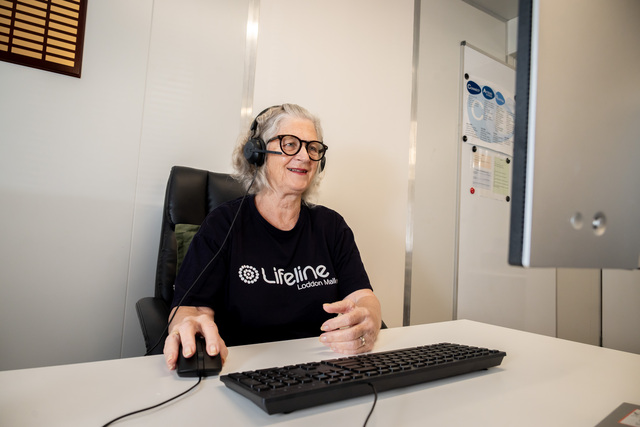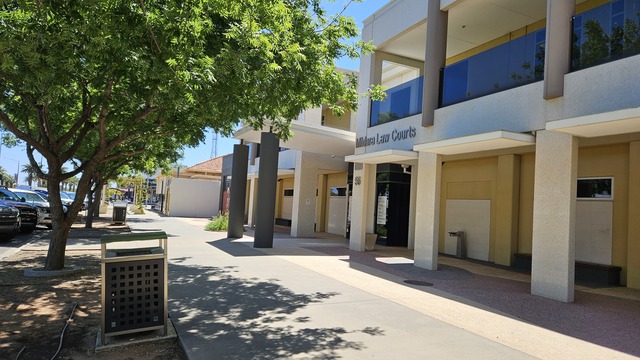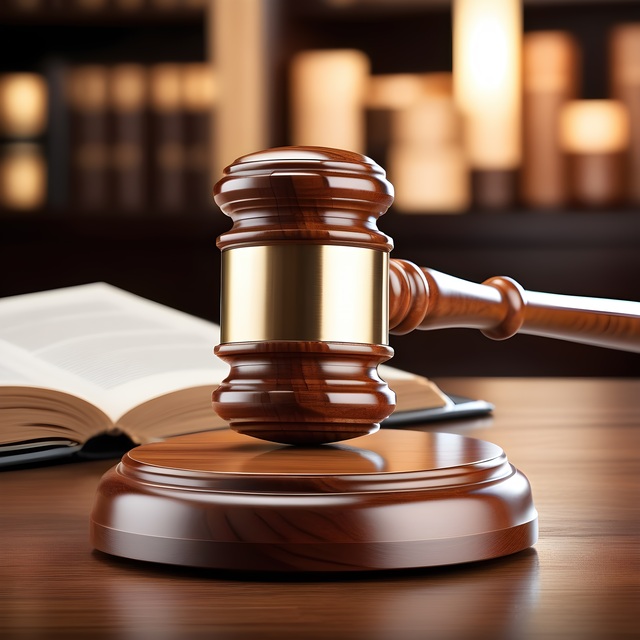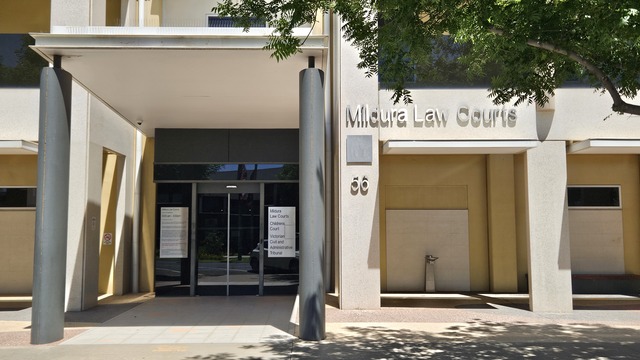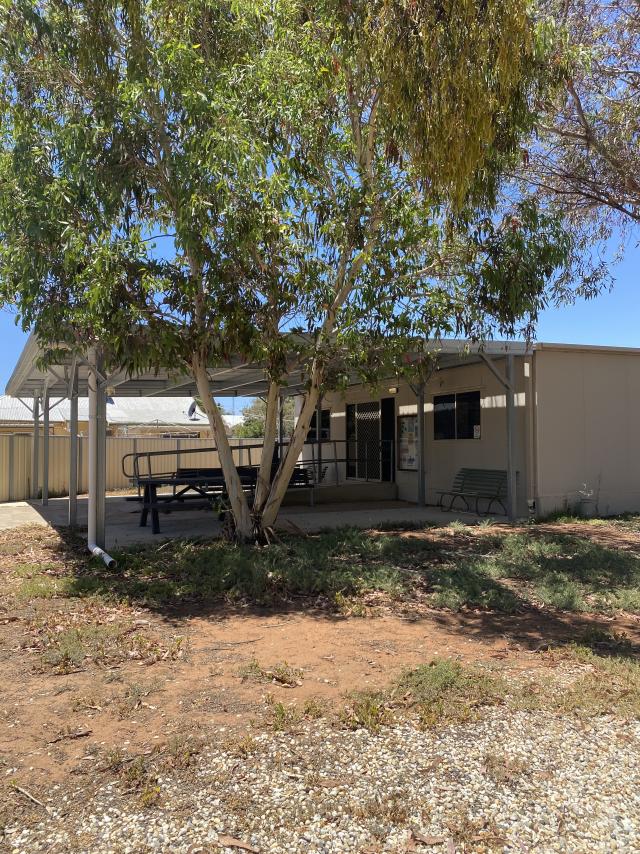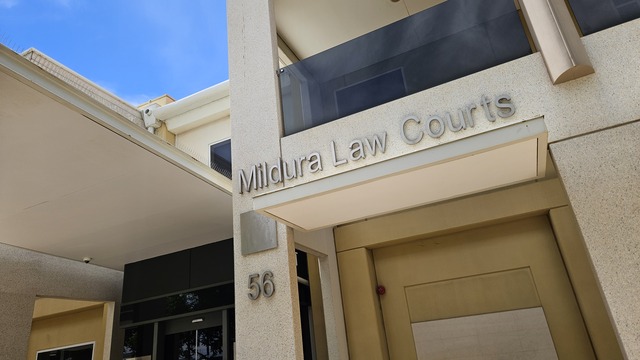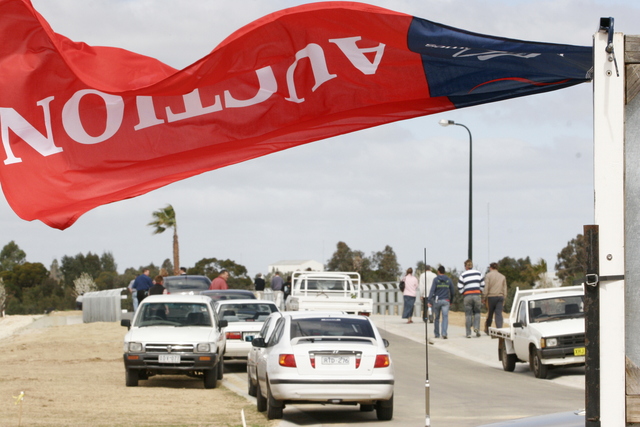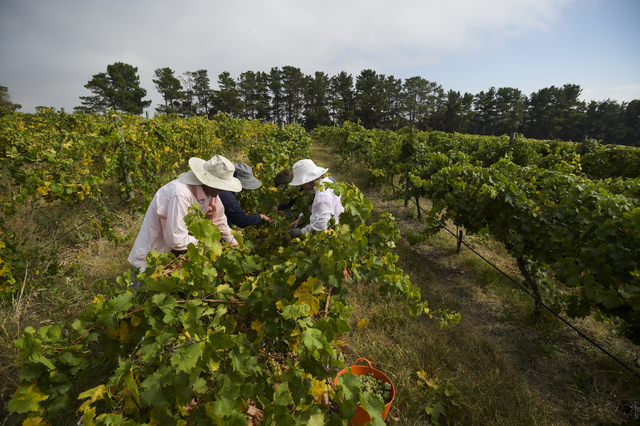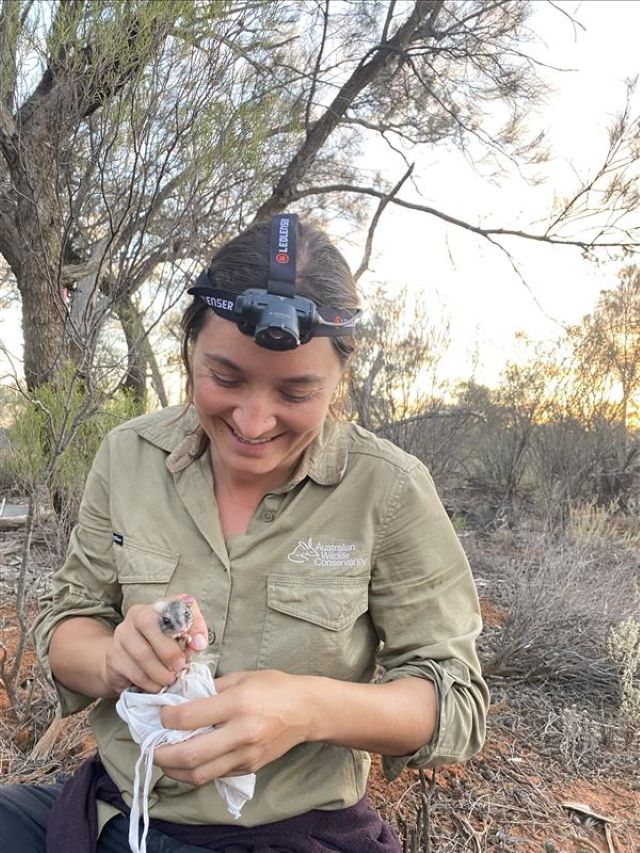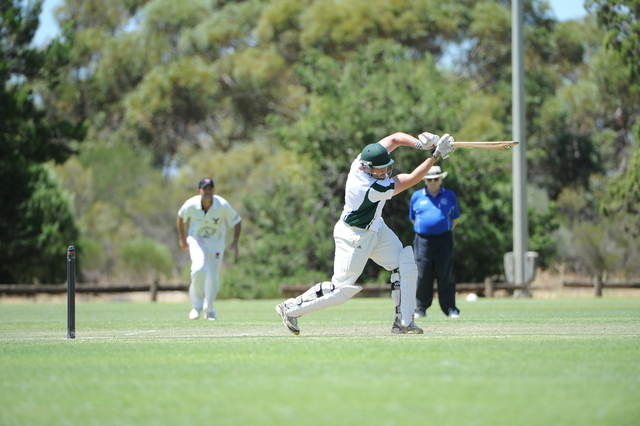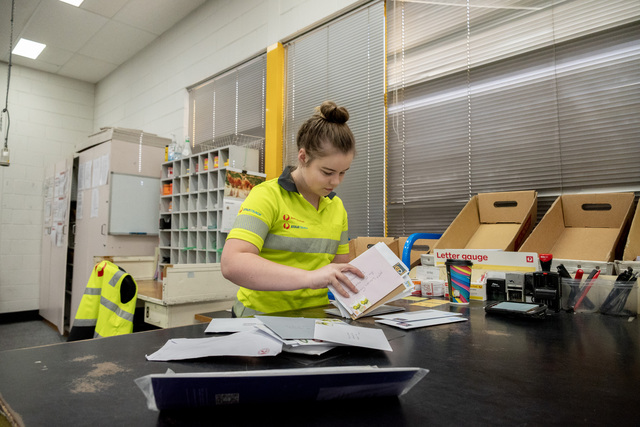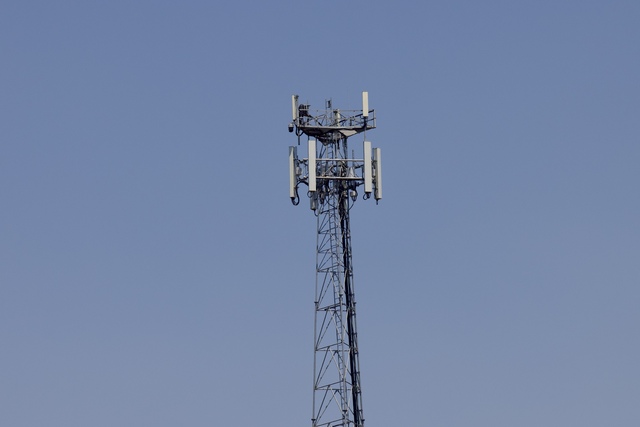OPINION – Michael DiFabrizio
MALLEE people are many things, but lazy isn’t one of them.
“If you don’t know, say no” was the advice they were given this week.
The comment was attributed to Member for Mallee Anne Webster in a flyer promoting a “no” vote in the Voice referendum.
Dr Webster has since said she “wasn’t necessarily happy” with the material being sent out, but she gave it her approval and didn’t walk back any of its content.
On October 14, the nation will decide whether or not to change our most important document, the Constitution.
“If you don’t know, say no” suggests that ignorance is an appropriate response to such a task.
Yet Mallee people are beyond capable of asking, researching, learning, even changing their minds.
Indeed, many didn’t take too kindly to what landed in their letterboxes this week.
“Catchy little phrases are fairly commonplace in English but to tell people that if you are currently uninformed and ignorant of the issues, stay that way, beggars belief,” wrote Wedderburn flyer recipient Stephen Colbert, in a letter published by the Loddon Herald.
“If you don’t know, for the sake of Australia, go out and get informed.”
Donald’s Brian Brasier took issue with the same line.
“Her final advice ‘If you don’t know, say no’ is an invitation to lazy thinking,” he wrote to The Buloke Times, adding that “if you don’t know, find out” might have been better.
The same newspaper ran a contribution by David Bell, who came to the same conclusion.
Mr Brasier also disputed the claim that the Voice “won’t help Indigenous Australians” and queried the suggestion “there are better ways forward”, given such solutions weren’t put into action while the Coalition were in power for nine years.
Problems with the flyer’s content didn’t stop there, however.
Another line attributed to Dr Webster read: “We are already seeing (Indigenous) over-reach in Mallee affecting private land rights and threatening councils’ ability to fix our roads and deliver services to you.”
The conflation of private land rights with the Voice – which, remember, would be an advisory body that can only give representations, not make laws – conjures unhelpful, and false, imagery of someone coming to take your land away.
As for conflating Mallee roads not being fixed with the Voice, geez … perhaps she is referring to all of the potholes contained in that argument.
Another letter from a constituent is relevant here.
Jo Wheaton, a farmer from Broughton north of Kaniva and Nhill, sent an excellent contribution to the Wimmera Mail-Times that, while not directly mentioning Dr Webster, addressed some of the fears stoked by her flyer.
Mrs Wheaton reflected on her response to the Mabo native title decision when she was 22.
“Powerful people used like-minded media to disperse mistruths regarding the decision made by the High Court,” she wrote.
“No landholder was safe. Whether it was your farm or your suburban home and backyard, it was under threat. The bulk of the people in our very conservative area jumped straight on board, believing the spin and fearing the worst.”
Mrs Wheaton was also in fear, even writing a letter to the Herald Sun with concerns that she now said were “based on lies”.
“After not looking into the findings of the Mabo judgment and therefore the truth that unbroken connection to Crown land was required for native title to be granted, I fluffed my mother hen feathers out and wanted my voice to be heard,” she reflected this week.
But she had been “scammed”, she wrote, and felt “embarrassment and regret” when thinking about that moment.
Now, in the Voice debate, “the very same tactics are being used to muddy the waters”.
“There is so much fear because people aren’t looking at the very simple question we will be asked,” Mrs Wheaton wrote.
“Perhaps people are concerned that if Constitutional recognition and the guarantee of a body of Indigenous representatives elected by communities from all of Australia to advise Parliament on policies pertaining to them improves outcomes for our First Nations people, it will come at their expense.
“The fact of the matter is that if the First Nations outcomes improve, it will be a win for all of us.”
Her conclusion: “Don’t be taken in by the current scam … If you don’t know, learn. To advise otherwise is negligent.”

